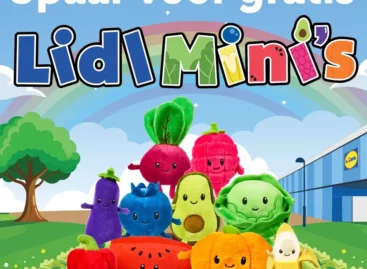Lidl Seeks To Set Standards For Sustainable Water Management
Lidl has set a series of standards for sustainable water management, saying that by February 2026, 100% of the fruit and vegetables that it sources from nine risk countries, including Spain, Egypt, Greece and Italy, will be certified according to recognised water standards.

The move forms part of the discounter’s ‘Towards Tomorrow’ sustainability strategy, it said in a statement, adding that agriculture is responsible for 70% of global water consumption.
The retailer will work with the WWF’s water risk filter to ensure that recognised water usage standards are met with regard to products sourced from Spain, Italy, Greece, Portugal, Egypt, Morocco, Israel, Chile and South Africa.
Sustainable Water Management
Lidl is also guided by water standards including the GlobalG.A.P. SPRING (Sustainable Program for Irrigation and Groundwater Use) standard – which contains a set of criteria for assessing sustainable water management on farms.
In addition, as a member of the multi-stakeholder initiative Alliance for Water Stewardship (AWS), Lidl has pledged to support joint projects in river areas with high water risk. In spring 2022 for example, a large producer and a cooperative in southern Spain on a total area of 1,100 hectares, received AWS certification.
Related news
Lidl guarantees fairer prices for cocoa farmers
🎧 Hallgasd a cikket: Lejátszás Szünet Folytatás Leállítás Nyelv: Auto…
Read more >Lidl Netherlands Aims For 46% Healthy Food Sales By 2030
🎧 Hallgasd a cikket: Lejátszás Szünet Folytatás Leállítás Nyelv: Auto…
Read more >Related news
Nestlé to sell remaining ice-cream assets but commits to Froneri venture
🎧 Hallgasd a cikket: Lejátszás Szünet Folytatás Leállítás Nyelv: Auto…
Read more >Lidl guarantees fairer prices for cocoa farmers
🎧 Hallgasd a cikket: Lejátszás Szünet Folytatás Leállítás Nyelv: Auto…
Read more >








